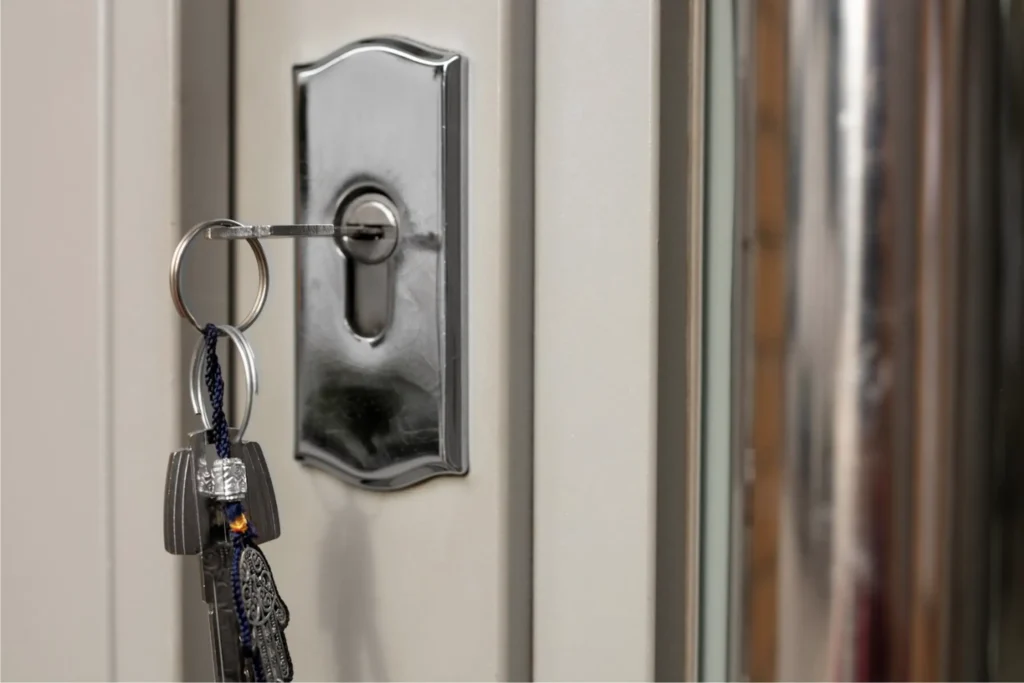
If you own a home in Tennessee and think your residence is fully protected in a lawsuit or bankruptcy, you could be in for an expensive surprise. While Tennessee law does offer a homestead exemption, the limits are relatively low—and any equity above that amount could be exposed to creditor claims.
This article explains what Tennessee’s homestead exemption does and does not cover, who qualifies, and most importantly, what you can do to protect the rest of your home equity.
Understanding the Tennessee Homestead Exemption
Tennessee law (Tenn. Code Ann. § 26-2-301) enables homeowners to exempt a portion of the equity in their primary residence from creditors and bankruptcy proceedings. The exemption amounts vary by ownership status:
- $35,000 for a single homeowner
- $52,500 for a married couple who co-own the property
These protections apply only to real property used as your primary residence. Rental properties, vacation homes, or undeveloped land do not qualify. The exemption is automatic—there’s no need to file a declaration for it to apply.
Also important: Tennessee does not allow federal bankruptcy exemptions, so residents must rely exclusively on the state’s exemption laws.
What the Homestead Exemption Does—and Doesn’t—Protect
The homestead exemption helps safeguard some equity from unsecured creditor claims and in Chapter 7 bankruptcy proceedings. However, it does not protect your home from all threats. Specifically, it will not stop:
- Foreclosure due to missed mortgage payments
- Tax liens (federal, state, or local)
- Mechanics or contractor liens
- Judgments for unpaid child or spousal support
If your equity exceeds the exemption amount, the excess is vulnerable in a lawsuit, bankruptcy, or court judgment.
Who Qualifies for the Homestead Exemption?
To qualify, the property must be:
- Located in Tennessee
- Used as your principal place of residence
- Owned by you or jointly owned if applying under a married or joint owner exemption
Qualifying property types include:
- Single-family homes
- Condominiums
- Mobile or manufactured homes (if the land is also owned)
You do not need to file a formal homestead declaration to receive this protection in Tennessee—it applies automatically to qualified residents.
The Real Risk: When Equity Exceeds the Exemption
This is where many homeowners get caught off guard. Even at the highest exemption level of $52,500, Tennessee’s homestead exemption leaves a large portion of equity exposed — especially in today’s real estate market.
For example, if you and your spouse own a home valued at $350,000, and you have no mortgage, only $52,500 of that value is protected. The remaining $297,500 could be at risk in a lawsuit or bankruptcy filing. That’s a serious vulnerability for many homeowners.
Protecting Home Equity Beyond the State Limit
If your home equity exceeds Tennessee’s exemption — especially in today’s rising real estate market — you still have options. These may include:
- HELOCs or Equity Reduction: If you are able to borrowing against residence to lower the equity below your applicable homestead amount, you can protect your residence. (Keep in mind the cost of borrowing the additional funds and the need to protect the equity you pulled out of your home from creditors.)
- Irrevocable Trusts: A properly structured qualified personal residence trust can shield your home from future creditor claims.
- LLCs: More common for rental or investment properties, but not typically used for primary residences.
Each strategy has pros, cons, and legal/tax implications, which is why professional legal guidance is essential.
Don’t Wait Until You’re Sued to Protect Your Home
If you’re like many Tennessee homeowners, your home equity has grown over the years—and so has your exposure. Relying solely on the state homestead exemption could be a costly mistake. It is too late to help you once a lawsuit is filed or an accident has occured.
At Ultimate Asset Protection, we help Tennessee residents protect what matters most with personalized, legal strategies that go far beyond the basics.
Don’t leave your biggest asset unguarded. Contact us today to learn how you can secure your home equity against future threats.


